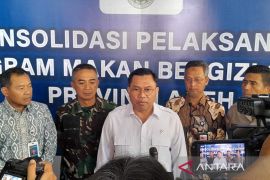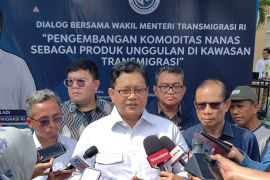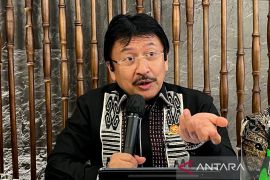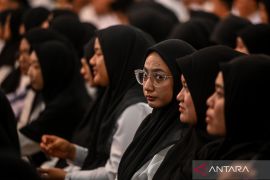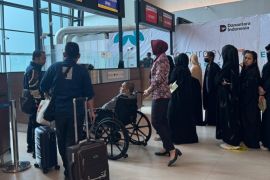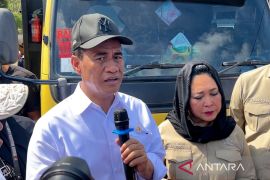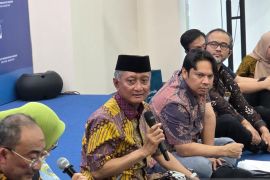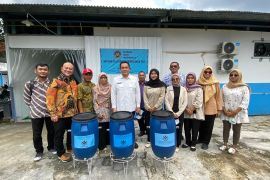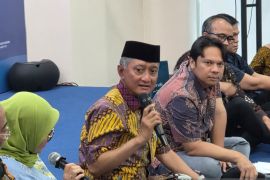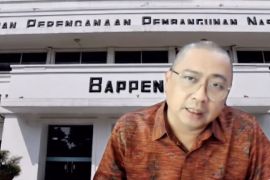In the third year, the event "Sharing Best Practices on the Implementation of Gender-Responsive Planning and Budgeting" will be attended by representatives of 12 developing countries, including Colombo, Afghanistan, Bangladesh, Bhutan, Indonesia, Malaysia, Maldives, Nepal, Pakistan, Sri Lanka, Thailand, and Fiji.
The event is scheduled to take place from Sept 25 to 28 in Jakarta and from Sept 29 to Oct 1 in Bandung, West Java province.
"During the activity, there will be a lot of experience from participating countries, from general phenomenon or special condition of each country in the effort of gender mainstreaming, that we can combine," Minister of Womens Empowerment and Child Protection Yohana Yembise stated here on Monday.
She noted that the collection of experiences could be used as a reference to improve the work on gender mainstreaming in the future.
"Sharing experience allows us to prepare better (gender-responsive planning and budgeting). The key points are cooperation, collaboration, and teamwork. Therefore, cooperation is important to achieve the goal," she stated.
Yembise stressed that gender equality and development should cover all groups, men, women, children, people with disabilities, and marginalized people.
Then, everyone should be included and become beneficiaries of the development in accordance with the objectives of inclusive Sustainable Development Goals.
Although gender-responsive budgeting was not known and widely used, the Indonesian government, through the program, wanted to introduce it in each development process.
"Gender mainstreaming is not only about knowledge and skill of practicing a method but also involves human relationships, social and cultural aspects, and even affection. In relation to the role of a family as the smallest institution, gender issues become the foundation in building a harmonious, respectful, and loving family," she remarked.
She wanted to realize and make gender equality a common problem.
The meeting aims to share the best experiences of the Indonesian government in the process of formulating, implementing, and advocating Gender-Responsive Planning and Budgeting, both at central and local government levels.
It will also aim at collecting information on policies and status of Gender-Responsive Planning and Budgeting in each participating country to be used as a reference in an effort to advance the advocacy of Gender-Responsive Planning and Budgeting for Indonesia and other participating countries. (*)
Editor: Heru Purwanto
Copyright © ANTARA 2017
